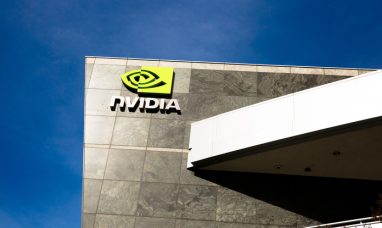The electric vehicle (EV) industry has faced significant challenges in 2024, contributing to a decline in EV stock prices, including U.S. market leader Tesla (NASDAQ:TSLA), Rivian Automotive (NASDAQ:RIVN), and Lucid Group (NASDAQ:LCID). Rivian, once valued highly in late 2021, has seen a drastic fall in its market cap, prompting questions about its future trajectory.
Reasons Behind Rivian’s Stock Decline in 2024
Rivian’s stock decline in 2024 can be attributed to multiple factors, including the overall slump in the EV industry and the company’s guidance. Rivian announced its intention to produce only 57,000 cars in 2024, significantly lower than analysts’ expectations and even below its 2023 production levels. This downward revision in production forecasts has heightened concerns among investors about Rivian’s growth potential.
Furthermore, like many other startup EV companies, Rivian continues to face challenges related to cash burn and profitability. The company’s losses on every car sold, combined with a worsening demand environment and a price war in the industry, have raised doubts about its long-term viability.
Additionally, changes in investor sentiment, particularly as the Federal Reserve tightened monetary policy, have affected the attractiveness of loss-making companies like Rivian. Investors are now gravitating towards larger and more stable companies, further impacting Rivian’s stock performance.
Forecast for Rivian’s Stock Price
Analysts have provided varying outlooks for Rivian’s stock price. UBS has set a Street-low target price of $9, suggesting a potential further decline of 13.5% from current levels. However, the consensus view remains more optimistic, with a target price of $19.30, nearly 79% higher than the recent closing price.
Recent Developments and Evaluation of Rivian’s Valuation
Rivian recently unveiled its low-cost R2 vehicle, aimed at broadening its market reach. The company has also delayed the construction of its Georgia plant to conserve cash, with plans to build R2 vehicles at its Illinois plant instead. With $9.4 billion in cash and cash equivalents at the end of 2023, Rivian is relatively well-funded compared to its market capitalization of around $10.5 billion.
Currently trading at a next 12-months enterprise value to revenue multiple of 1.25x, Rivian’s stock may be nearing its bottom. As sentiment towards EV stocks potentially bottoms out, there could be room for improvement in Rivian’s share price over the next year. The industry’s consolidation and rationalization of supply and pricing, coupled with potential interest rate cuts, may help boost market sentiments and EV stock prices.
Looking ahead, Rivian’s management faces the challenge of scaling up production, reducing costs, and achieving profitability. CEO RJ Scaringe must navigate these challenges to position Rivian for long-term success, akin to the transformation led by Elon Musk at Tesla.
Featured Image: Megapixl















